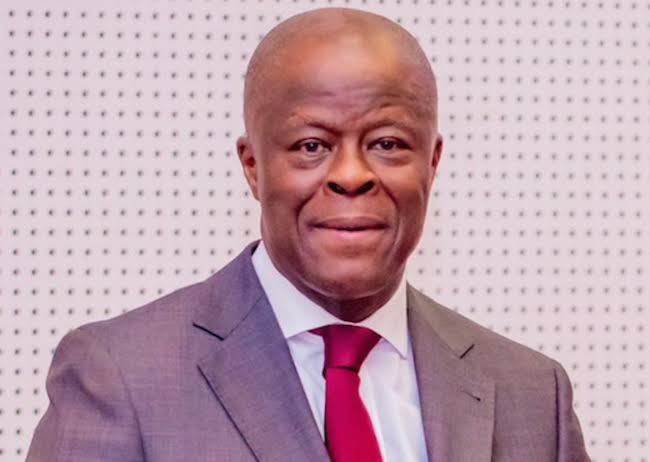
The Federal Government of Nigeria may have to allocate approximately N5.4 trillion for fuel subsidy as part of a proposed economic stabilisation plan, according to the Accelerated Stabilisation and Advancement Plan report.
The plan, presented by the Minister of Finance and Coordinating Minister of the Economy, Wale Edun, to President Bola Tinubu, aims to expedite economic recovery, assist a broad segment of the population, and mitigate the effects of ongoing economic reforms.
Designed for implementation over a period of one to six months, the plan seeks to address inflation and enhance the purchasing power of Nigerians.
However, the report points out that the substantial expenditure on fuel subsidies poses a challenge to the administration’s ambitious reforms.
“Fuel subsidy: At current rates, expenditure on fuel subsidy is projected to reach N5.4 trillion by the end of 2024,” the report states.
This projection marks a steep increase from N3.6 trillion in 2023 and N2.0 trillion in 2022, equating to an average monthly subsidy bill of N450 billion.
The document highlights that the government has not yet eliminated fuel subsidy, citing the prevailing inflationary pressures and associated social challenges.
It also advocates for developing a framework for market-driven pricing of petroleum products and setting a definitive end date for fuel subsidies to stimulate growth in the oil sector.
Despite these projections and recommendations, government officials, including the Minister of State for Petroleum Resources, Heineken Lokpobiri, have repeatedly denied the reinstatement of fuel subsidies.
The minister stated, “Let me say categorically that the president had rightly said, on the day he was sworn in, he said subsidy is gone. The last government did not make any provision for subsidy in the 2023 budget.
“And I can confirm to you that subsidy is gone. But there could be strategic interventions from time to time. But officially, the subsidy is gone. If you look at the Petroleum Industry Act, the NNPC, as a national oil company, also has a legal obligation to intervene from time to time.”
But the International Monetary Fund among other stakeholders said the silent reintroduction of fuel subsidy by the Tinubu administration was expected to gulp almost half of its projected oil revenue this year.
“To help Nigerians cope, authorities started capping fuel pump prices below cost, reintroducing implicit subsidies by end-2023, the IMF said.
Similarly, the report cited persistently high inflation, interest rates that make borrowing difficult for businesses, and a volatile exchange rate as challenges to macroeconomic indices.
According to the document, the finance minister is expected to advise on the plan’s macro-fiscal position and to consider non-exclusive options such as prioritising initiatives to reduce supplementary budget requirements, pursuing supplementary budget as a partial funding source, pursuing virement of the current budget, and selling government assets (but this will take time).
The report also stated that limited revenues have hampered the government’s ability to meet financial projections in the 2024 budget.
“Our ability to achieve the 2024 Budgeted revenue step-up of 77.4 per cent from 2023 actual is at risk should oil production remain 27.0 per cent below budget. 50 per cent of the annualised year-to-date variance suggests a lower-than-budgeted revenue of N15.7trn at the current run rate.
“FG retained revenue for January and February 2024 was approximately 60.0 per cent of budget, largely driven by lower crude oil production volumes (running at 74.5 per cent of budget projection) If current revenue shortfalls persist the revenue for 2024 is unlikely to exceed N15.8tn,” the report submitted.
ALSO READ THESE TOP STORIES FROM NIGERIAN TRIBUNE
